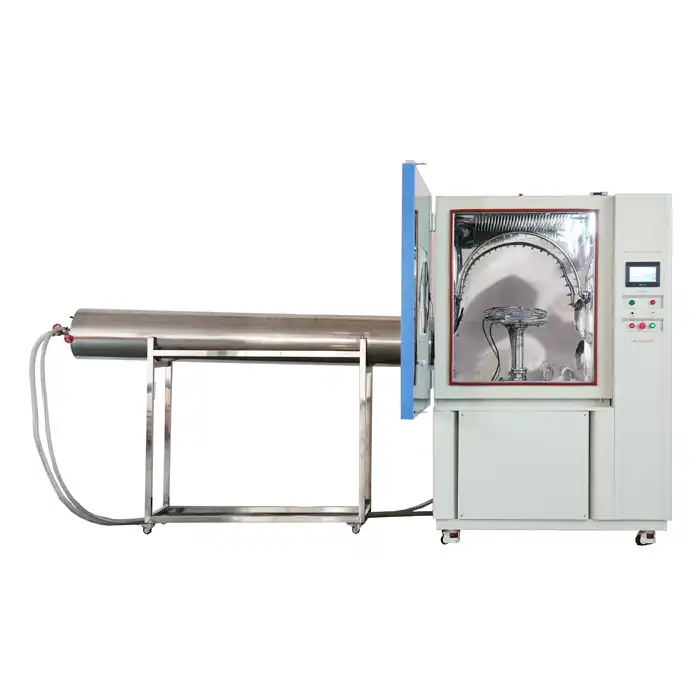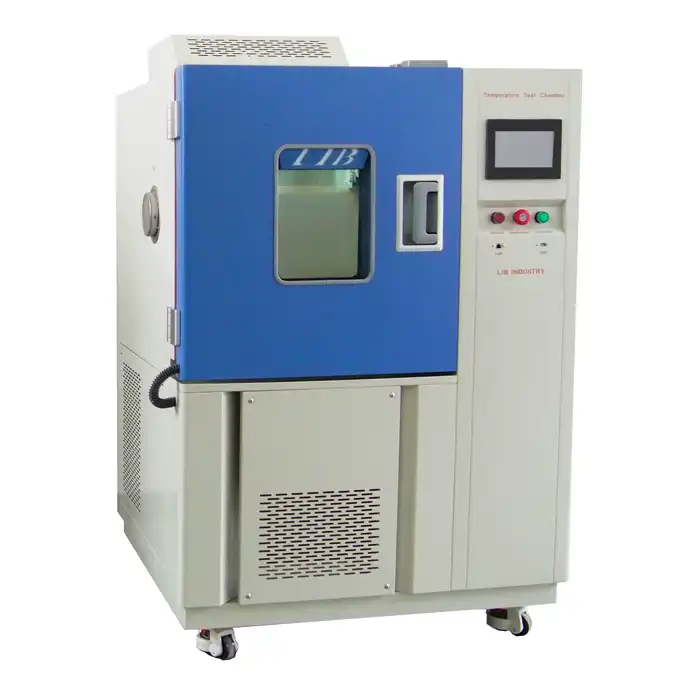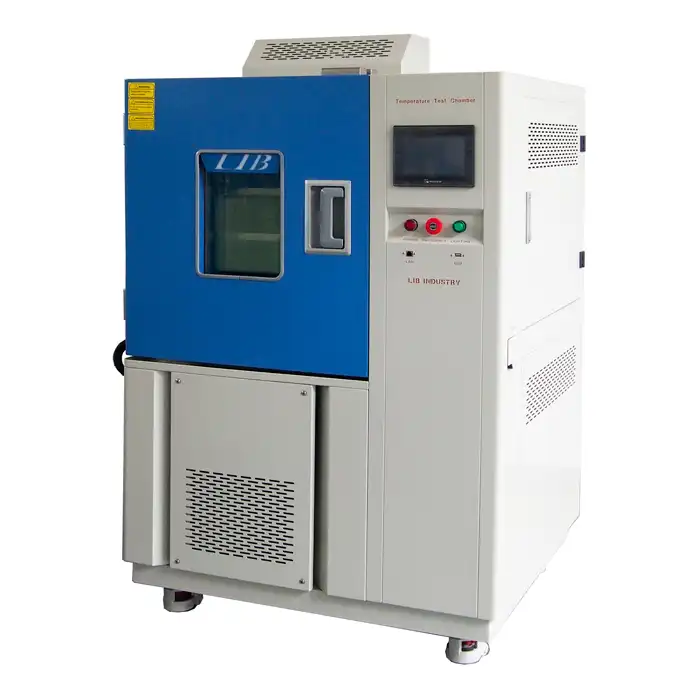The Role of Salt Testing Machines in Environmental Compliance
Environmental compliance is a critical aspect of industrial operations, ensuring products and processes meet global safety and sustainability standards. Salt testing machines play a vital role in this arena by assessing material durability and corrosion resistance. Understanding their significance can help businesses maintain regulatory compliance while enhancing product reliability.
Understanding Salt Testing Machines and Their Importance in Environmental Standards
Salt testing machines, commonly known as salt spray chambers or salt fog testers, are used to simulate aggressive corrosive environments. These machines expose materials to a controlled saline mist, replicating real-world conditions such as marine exposure, road salt damage, and industrial pollutants. Industries like automotive, aerospace, electronics, and construction rely on these tests to evaluate the longevity and resilience of coatings, metals, and components.
Environmental standards such as ISO 9227 (neutral salt spray test) and ASTM B117 establish guidelines for corrosion testing using salt spray machines. Companies that adhere to these guidelines ensure their products withstand harsh environmental conditions, reducing the risk of premature failure. By adopting salt testing technology, manufacturers can improve quality control, enhance product certification, and minimize liability concerns.
How Salt Testing Machines Ensure Compliance with Global Environmental Regulations?
Stringent environmental regulations require manufacturers to validate the resilience of materials before launching products in the market. Salt testing machines help industries comply with critical international standards, reducing environmental risks and ensuring sustainable production.
For example, automotive manufacturers must meet ISO 16750-4 to guarantee vehicle components resist corrosion from road salts. Similarly, electronic device manufacturers adhere to IEC 60068-2-11 to prevent circuit board degradation in humid and corrosive environments. Regulatory bodies like the European Chemicals Agency (ECHA) and the U.S. Environmental Protection Agency (EPA) emphasize the importance of corrosion testing to lower environmental impact and prolong product life cycles.
By conducting salt spray tests, industries can identify material weaknesses early, preventing costly product recalls and regulatory penalties. Compliance with these global regulations fosters customer trust, reduces waste, and promotes eco-friendly manufacturing practices.
Key Features of Salt Testing Machines for Accurate Environmental Monitoring
Modern salt testing machines integrate advanced features to provide precise and reliable environmental assessments. Essential functionalities include:
- Automated Spray Systems - Consistent salt fog distribution ensures uniform exposure, eliminating testing variability.
- Temperature and Humidity Control - Adjustable settings replicate diverse environmental conditions, from tropical humidity to extreme cold.
- Corrosion-resistant Testing Chambers - Durable construction prevents contamination, ensuring long-term accuracy.
- Data Logging and Remote Monitoring - Digital interfaces track real-time test results, enhancing process efficiency.
- Multi-Mode Testing Capabilities - Supports neutral salt spray (NSS), acetic acid salt spray (AASS), and cyclic corrosion testing for comprehensive evaluations.
The Impact of Salt Testing Machines on Reducing Industrial Environmental Footprints
Corrosion-related failures contribute to material waste, increased energy consumption, and environmental pollution. Salt testing machines help industries mitigate these risks by promoting sustainable material selection and corrosion-resistant designs.
Through effective corrosion testing, manufacturers can develop longer-lasting products, reducing the need for frequent replacements and minimizing resource depletion. Additionally, improved material durability leads to lower emissions from manufacturing and transportation, aligning with global sustainability goals.
Integrating Salt Testing Machines into Your Environmental Compliance Strategy
Incorporating salt testing machines into quality assurance programs enhances regulatory adherence and operational efficiency. Businesses can implement routine corrosion testing to:
- Validate material performance before production.
- Ensure compliance with industry-specific environmental regulations.
- Reduce product failures and warranty claims.
- Enhance customer confidence in durable, corrosion-resistant solutions.
By investing in cutting-edge salt testing technology, companies strengthen their environmental responsibility while improving product reliability and market competitiveness.
Salt testing machines are indispensable for industries seeking to ensure compliance with environmental regulations while enhancing material durability. By adopting advanced corrosion testing solutions, businesses can meet global standards, reduce environmental impact, and maintain customer trust. For expert guidance on selecting a high-performance salt testing machine, contact LIB Industry at ellen@lib-industry.com.
References
1. ASTM International. "ASTM B117 - Standard Practice for Operating Salt Spray (Fog) Apparatus."
2. International Organization for Standardization. "ISO 9227: Corrosion Tests in Artificial Atmospheres - Salt Spray Tests."
3. European Chemicals Agency (ECHA). "Regulatory Guidelines on Corrosion-resistant Materials in Industrial Applications."
4. U.S. Environmental Protection Agency (EPA). "Material Durability and Environmental Compliance Standards."



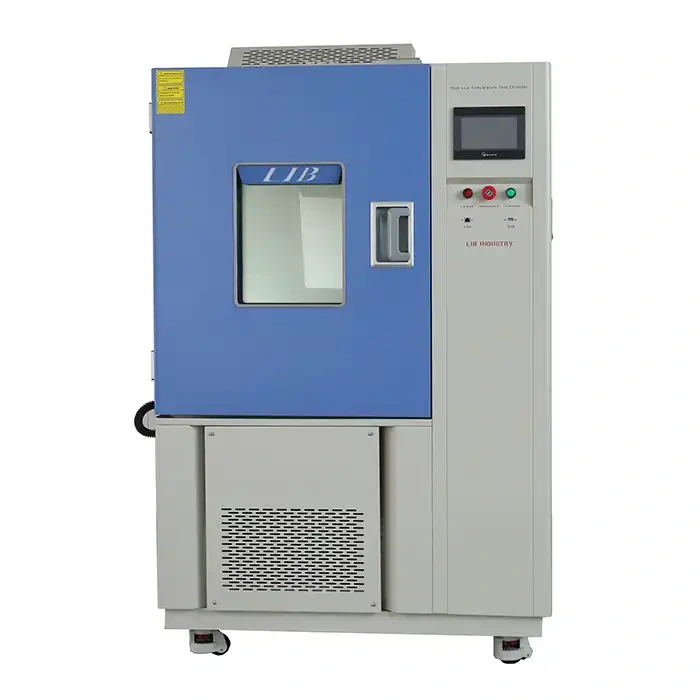
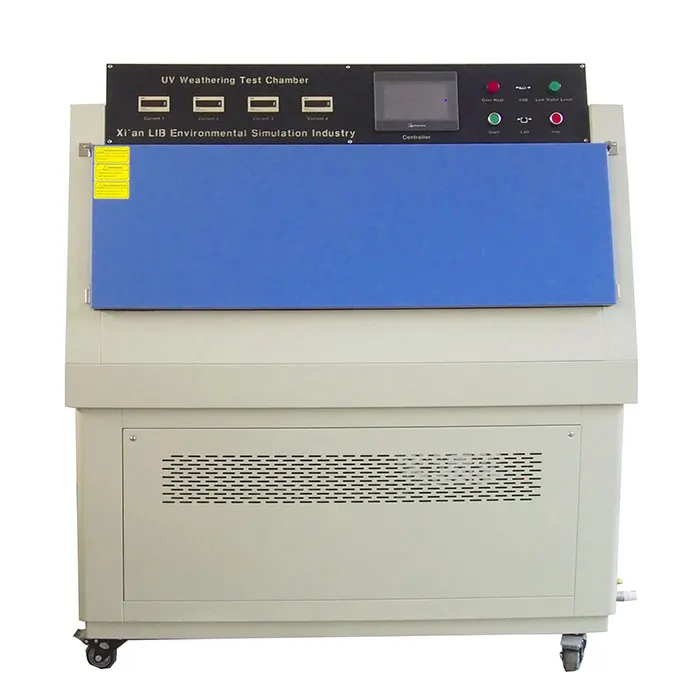

.webp)
